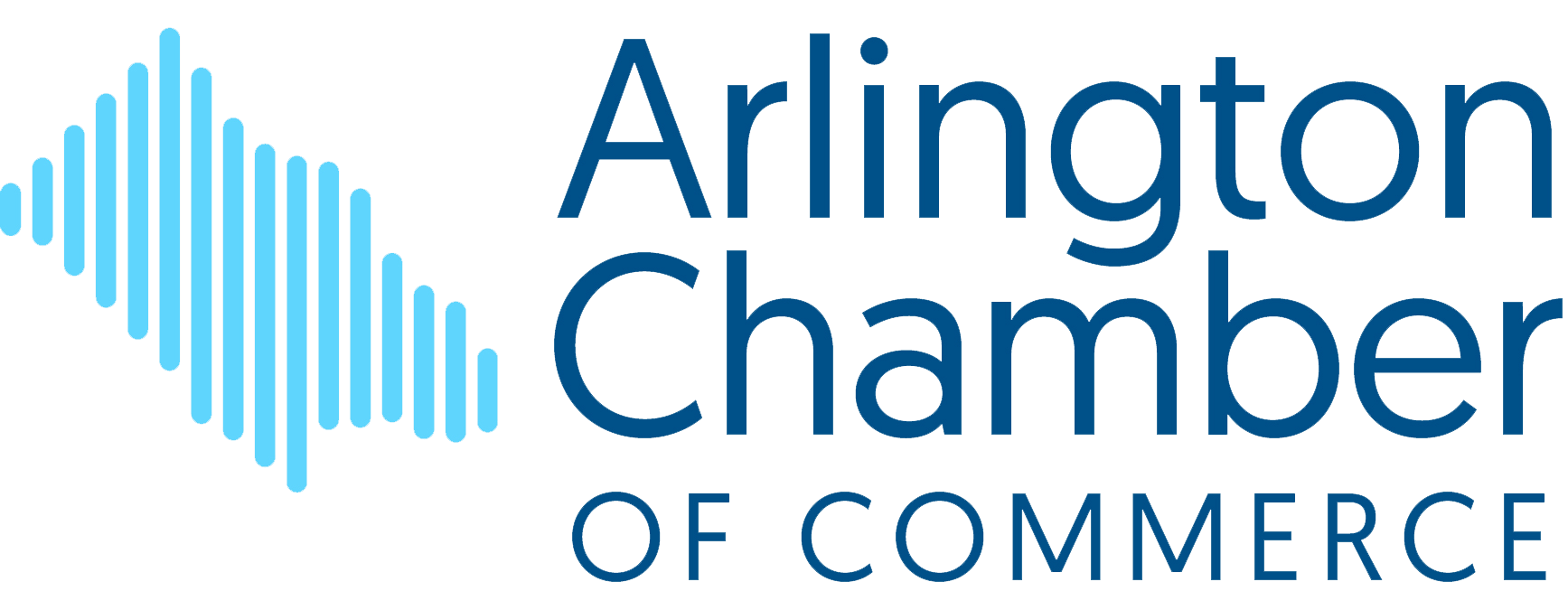
A franchise is a business relationship that is created so that goods and services can be distributed by way of a proven business model. Federal and state laws vary in the way the word “franchise” is defined, but generally a franchise has three distinct characteristics. First, the franchiser gives its franchisees the right to use an established trademark or name in connection with the business. Second, the franchiser requires the franchisees to operate their businesses according to the franchiser's established standards, and the franchiser provides the franchisees with business training and support. Third, the franchisees usually are required to pay an initial fee to operate as franchisees and are often required to pay the franchiser ongoing royalty and advertising fees.
Should I franchise my business?
If you are the owner of a successful business, there are many reasons why you may want to franchise. A franchise offers you the opportunity to expand your business without being responsible for the day-to-day operations of each expansion. Also, because an independent third person is spending the time and money to establish the new operation, franchising can help grow a business concept faster and often more economically than other methods of business growth.
Are there any drawbacks to franchising?
Franchisors do not have complete control over a franchise. Also, not all business concepts are suitable for franchising. There are many factors to consider. A few are the marketability of the business in other geographic areas, the presence or absence of competitors, the ability to duplicate the business model successfully and the capacity to train and support franchisees.
Should I buy a franchise?
If you are interested in running a business, buying a franchise allows you to own and operate a business using an established name and business model. Instead of learning how to run a business through trial and error, as a franchisee you will be provided with the tools and training necessary to setup and run the business. Before deciding to become a franchisee, however, many factors are important to consider, including your prior business experience, your knowledge of a particular industry, your financial resources, the amount of competition in the area, and your tolerance for business risk. These factors, along with your overall business goals, will help you decide whether to become a franchisee and whether to invest in a newer or more established franchise. Each has its own advantages and drawbacks, and even an established franchise does not guarantee success for the franchisee.
What will a Franchise Disclosure Document tell me?
Before you sign a franchise agreement or pay a franchisor money, you should carefully examine the Franchise Disclosure Document (FDD), which the franchisor is required to provide to the franchisee with at least 14 days to review. The FDD should disclose information relating to the franchisor’s business experience and finances and contain an explanation in plain English of the franchise business and the legal obligations the franchisee will have under the franchise agreement.
The FDD is a very important source of information, but it is not the only source. Existing franchisees will be able to tell you about their experiences with the business model and the franchisor. Also, information regarding the franchisor usually can be found on-line. An experienced franchise lawyer can review the franchise agreement with you, explain the legal obligations you would have under the agreement, and advise you which provisions of the agreement you may be able to negotiate with the franchisor.
The information presented here should not be construed to be formal legal advice nor the formation of a lawyer/client relationship.


 RSS Feed
RSS Feed
